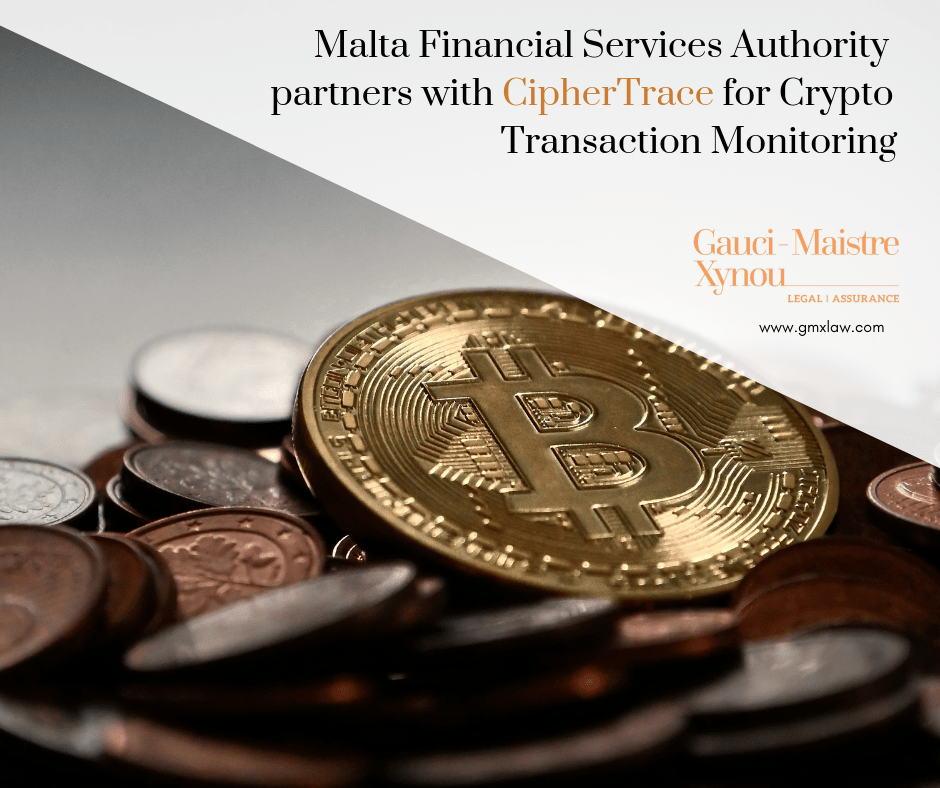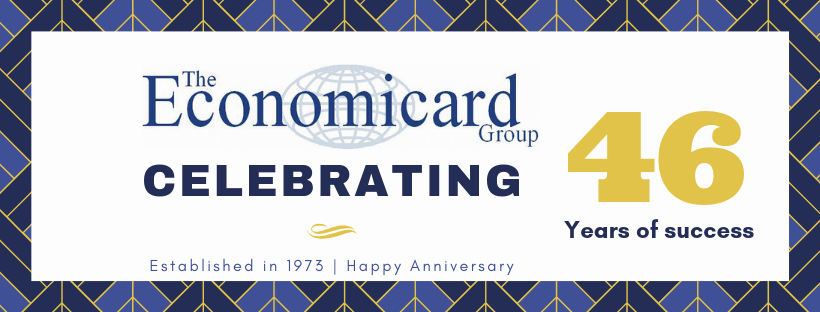The principle of equality between men and women is a fundamental value
constantly on the European Union’s agenda.
Ample EU institutes, programmes, and legislation provide for gender
equality, and case law of the Court of Justice of the European Union (‘CJEU’) reaffirms
the progress made in this respect. On a
member state level, the enactment of gender neutral laws (particularly in the
fields of inheritance law, marriage law, and employment law), may be considered
as having reached its culmination in a number of EU member states, in the legal
recognition of non-binary people. In
turn, the European Parliament is now actively seeking to bring language
evolution at par with gender inclusive legislation.
In fact, such far-reaching legislative measures are both reflective of
and a driving force for cultural developments. Linguistic developments, particularly
politically correct terminology, illustrate cultural shifts. Yet EU gender
inclusive legislation is galvanising the transition from gender discrimination
towards gender equality by actively promoting gender neutrality and gender
inclusion.
The impending need to cater linguistically for gender neutrality and
gender inclusion is being progressively addressed by the European Parliament, particularly
through its guidelines on ‘Gender-Neutral Language in the European Parliament (the
“Guidelines”) issued on July 2018 and its most recent resolution ‘Gender
Mainstreaming in the European Parliament on 15th January 2019 on
gender mainstreaming in the European Parliament (the “Resolution”).
In terms of the ‘Gender Identity, Gender Expression and Sex
Characteristics Act’[1],
Malta has been at the forefront in providing for such legal recognition[2],
entitling Maltese citizens the right to request a change of one’s recorded
gender in order to match the person’s self-determined gender identity. Identity Malta issued its first ever gender
neutral ID card and passport in January 2018, identifying an individual with
the neutral gender marker ‘X’ instead of the traditional ‘M’ or ‘F’[3]. Contrastingly, in the same year the UK High
Court ruled that the refusal to issue gender neutral passports is not illegal[4].
Gender neutrality seeks to avoid gender bias while gender inclusion attempts
to consider each and every gender[5]. Certain social media platforms recognise well
over fifty gender options[6]. While such matters may be legislatively
catered for through the use of an ‘X’ in official documents, closing the gap from
a linguistic point of view may require a longer period of time, necessitating not
only a change in legislation, but even a change in mind-set.
A reading of the Guidelines indicates that the said may be more
inclined towards addressing the eradication of gender discrimination between
men and women. There is no mention of
non-binary people throughout the Guidelines; hence to a certain extent the
Guidelines cater for a multitude of genders only indirectly through the
promotion of gender neutrality. The General
Secretariat of the Council of the European Union tentatively seeks to provide
for such unchartered territory; mentioning non-binary people in its inclusive
communication guidelines[7]. Nonetheless, the main focus remains on
bridging the gap between males and females.
Bearing in mind its multilingual working environment, the European Parliament
highlights and focuses upon (i) the generic use of the masculine gender; (ii) names
of professions having male connotations; and (iii) the use of titles indicating
a woman’s marital status, as issues which are by and large common to most
European languages. While the Guidelines
are addressed towards parliamentary publications and communications and do not
cater for legislative drafting, tackling the generic use of the masculine
gender may nonetheless prove to be a tough nut to crack, considering the fact
that such practice has since time in memorial, been epitomised in legislation
itself.
In light of the context of gender neutrality and gender inclusion, the
so-called immortal declaration of “all men are created equal” back in 1776, may
no longer be considered as such. Interpretation
acts across the globe (such as the Maltese Interpretation Act[8])
have followed suit, specifically providing that “words importing the masculine
gender shall include females”. The
European Parliament recommends the avoidance of the generic use of ‘man’, ‘he’,
‘his’ and other similar terms. The use
of male generic terms, while being grammatically correct, do not convey as much
diversity as other pronouns such as ‘they’[9].
In the Guidelines, combined forms (s/he) are discouraged while the alternative
use of ‘he or she’ is suggested, provided that this is done sparingly without
much repetition.
Despite being geared to address parliamentary publications and
communications, the Guidelines may also prove useful within the field of employment
by recommending gender neutral drafting of vacancies. Furthermore, the European Parliament also suggests
the use of gender-neutral job titles as alternatives to gender-specific
professions. Ideally, gender-specific
terms such as ‘fireman’, ‘air hostess’, ‘chairman’ and spokesman’ are respectively
replaced by ‘firefighter’, ‘flight attendant’, ‘chair’ and ‘press
officer’. Needless to say, certain
languages, such Maltese and German, being grammatical gender languages, do not
easily accommodate gender neutrality.
Moreover, the use of titles denoting a female’s marital status such as
‘Miss’, ‘Fraulein’ and ‘Mademoiselle’, have been perceived as frustratingly irksome,
to say the least, particularly in light of a lack of an equivalent term
denoting marital status for ‘Mr’, ‘Herr’ and ‘Monsieur’. The European Parliament recommends the
replacement of such marital indicative titles by ‘Ms’, ‘Frau’ and
‘Mademoiselle’, provided that the person does not specifically wish to be addressed
otherwise.[10]
In point of fact, gender neutral language may prove to be rather
controversial. Suffice to recall the
French declaration in October 2017 wherein gender neutral language was deemed
to be an ‘aberration’, placing the French language into ‘immortal danger’[11]. Arguments against gender neutral drafting
include the alleged triviality behind it, the rigidity of legal language, the
aesthetical aspect, and the alleged confusion[12]. In actual fact, both gender biased language and
gender neutral language may be perceived as ambiguous[13].
Despite all arguments against gender neutral language, this modernised
way of writing is in all likelihood here to stay. While welcoming the Guidelines, amongst
others, the Resolution demonstrates Parliament’s intention of moving on to
addressing gender equality in relation to all genders. Gender mainstreaming is defined as
“addressing the rights, perspectives and well-being of women, girls, LGBTIQ
people and people of all gender identities”.
Although the tremendous progress achieved in gender equality cannot be
disregarded, gender discrimination and gender stereotypes still prevail. The Resolution stresses that that gender equality
is suffering major setbacks on both European as well as on local state
levels.
Gender neutrality and gender inclusion in the language ultimately necessitates
awareness, knowledge and a commitment towards achieving the same. A strenuous challenge in gender neutral
drafting lies ahead but manning up is most certainly not the way to go about
it.
[1]
Chapter 540 of the Laws of Malta
[2]
Other jurisdictions across the globe include Austria, Denmark, the Netherlands,
Germany, India, Australia, and Uruguay.
[3]<https://www.maltatoday.com.mt/news/national/83920/malta_releases_first_passport_with_neutral_x_gender_marker#.XGVoa-hKjIU>
accessed 14 February 2019
[4] <https://www.standard.co.uk/news/uk/genderneutral-passport-case-to-be-appealed-in-the-high-court-a3985106.html>
accessed 14 February 2019
[5]
Constanza Toro, ‘Gender neutral drafting: Gender equality or an unnecessary
burden?’ [2018]
[6] <https://www.telegraph.co.uk/technology/facebook/10930654/Facebooks-71-gender-options-come-to-UK-users.html>
accessed 14 February 2019
[7]
General Secretariat, ‘Inclusive Communication in the GSC’, [2018]
[8]
Chapter 249 of the Laws of Malta.
[9]Josefine Bjørnson,
‘Gender-Inclusive Language in English’, [2017]
[10]
While certain countries, such as Malta may prefer the use of ‘Ms’, other
countries, such as Greece, may prefer the adoption of the term ‘Mrs’ even for
unmarried women, finding the former offensive nonetheless.
[11] <https://www.euronews.com/2017/11/21/french-prime-minister-says-non-to-gender-neutral-language>
accessed 14 February 2019
[12] Toro
(n 6).
[13]
Ibid.










